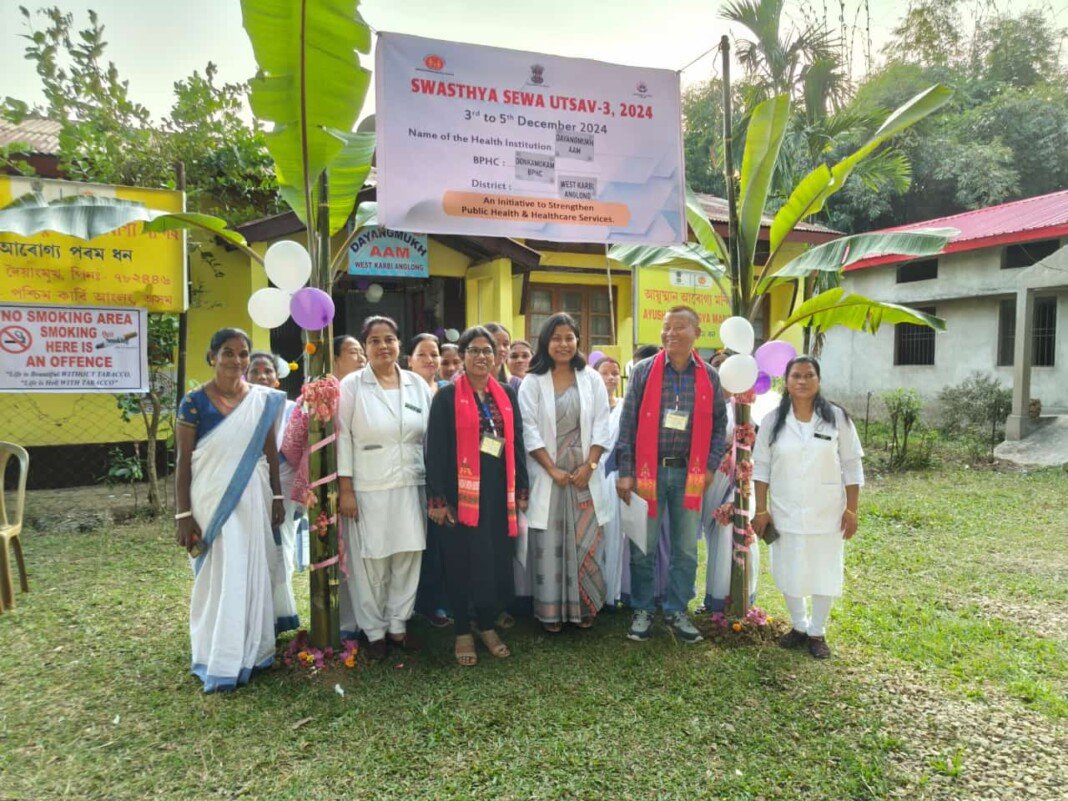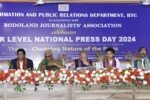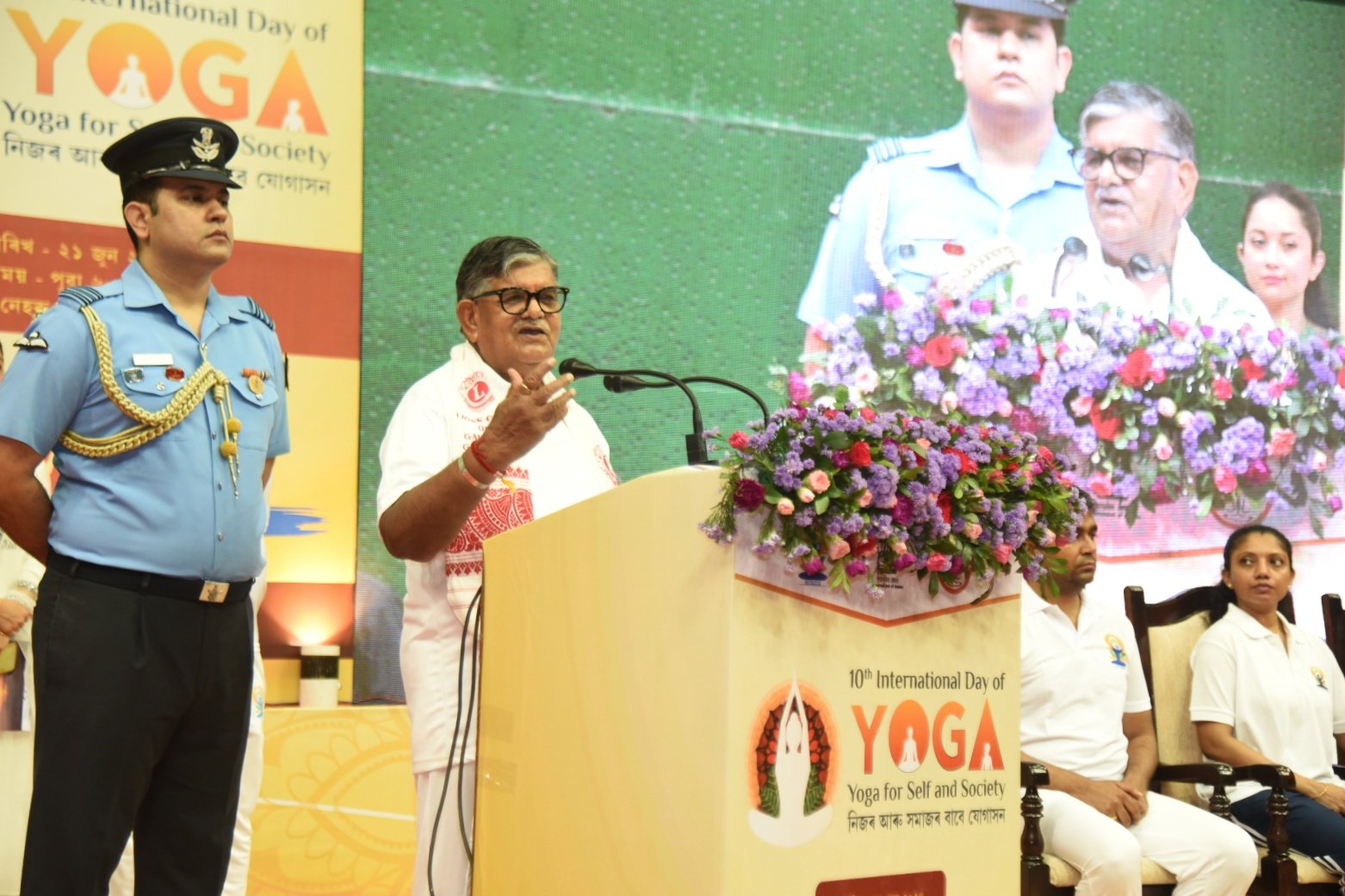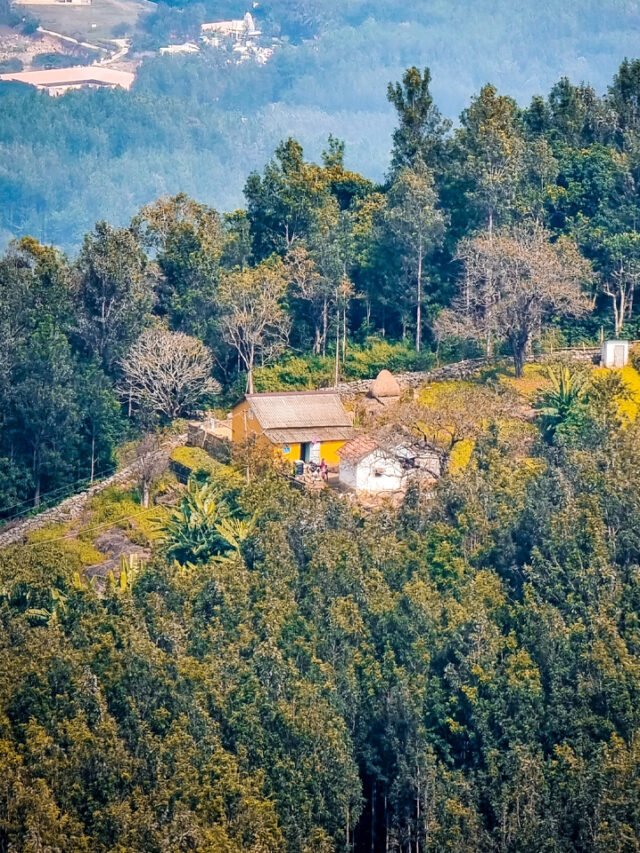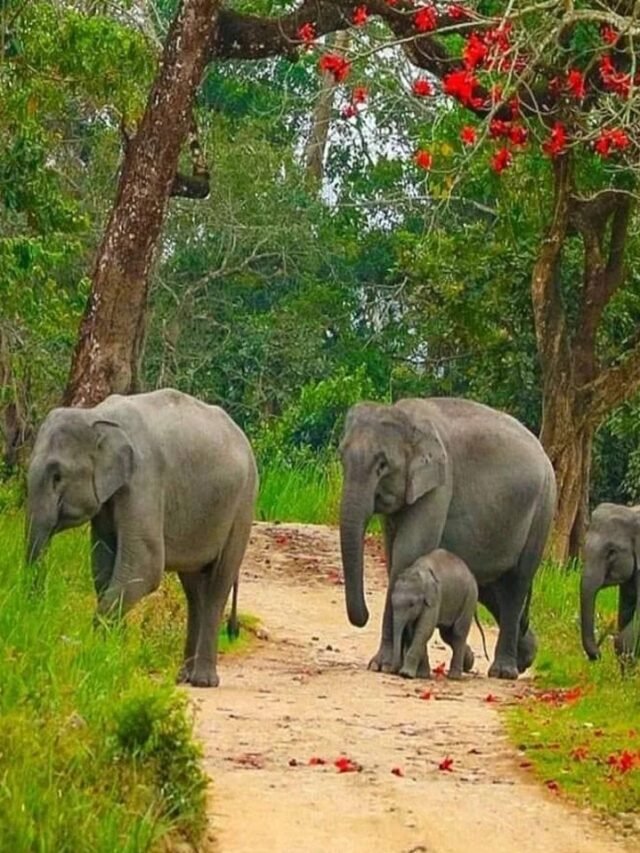HT Digital
WEST KARBI ANGLONG, Dec 5: The Swasthya Sewa Utsav 3.0 successfully concluded after a three-day event held from 3rd to 5th December across the district and various parts of Assam, a press release said on Thursday.
Organized by the Department of Health & Family Welfare, Government of Assam, the festival was aimed at assessing and improving healthcare services across the region.
Speaking at a press conference held at the Joint Director of Health Services’ conference hall, Dr. Jagat Singh Teron, the Joint Director of Health Services, highlighted the smooth and effective execution of the festival in West Karbi Anglong.
The event was a joint effort between the West Karbi Anglong District Administration and the National Health Mission, West Karbi Anglong, reflecting the collaborative approach taken to enhance healthcare delivery in the district.
The festival also covered 26 health centers, including one sub-divisional civil hospital, two community health centers, 18 primary health centers, and five Ayushman Arogya Mandirs.
Additionally, health institutions were evaluated on their infrastructure, human resources, and service delivery.
Meanwhile, a pre-defined checklist was used by evaluators to complete the assessment of each facility within the three days, ensuring a systematic and thorough review process.
The Utsav aimed to provide comprehensive healthcare services to the community by identifying gaps in service delivery and ensuring that health facilities comply with Indian Public Health Standards (IPHS).
Additionally, the festival focused on promoting sustainable practices in public health, improving cleanliness, hygiene, and infection control, and reducing infant and maternal mortality rates.
Another key goal was to minimize out-of-pocket healthcare expenses for the public, making quality healthcare more accessible.
The event witnessed the active participation of various dignitaries, including Executive Members (EM) of the Karbi Anglong Autonomous Council (KAAC), Members of the Legislative Assembly (MLAs), Members of Autonomous Council (MACs), administrative and police officers, medical professionals, and engineers.


